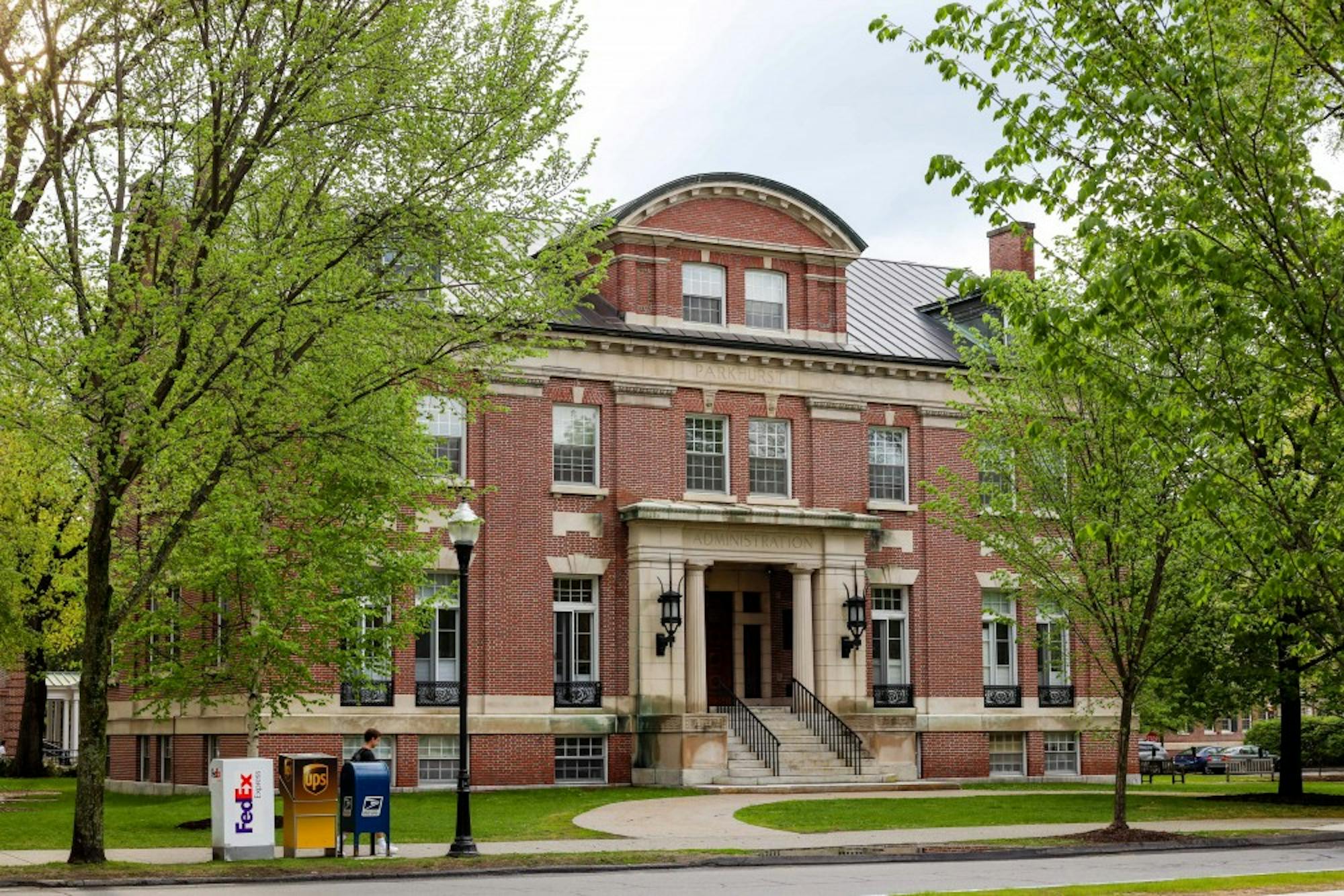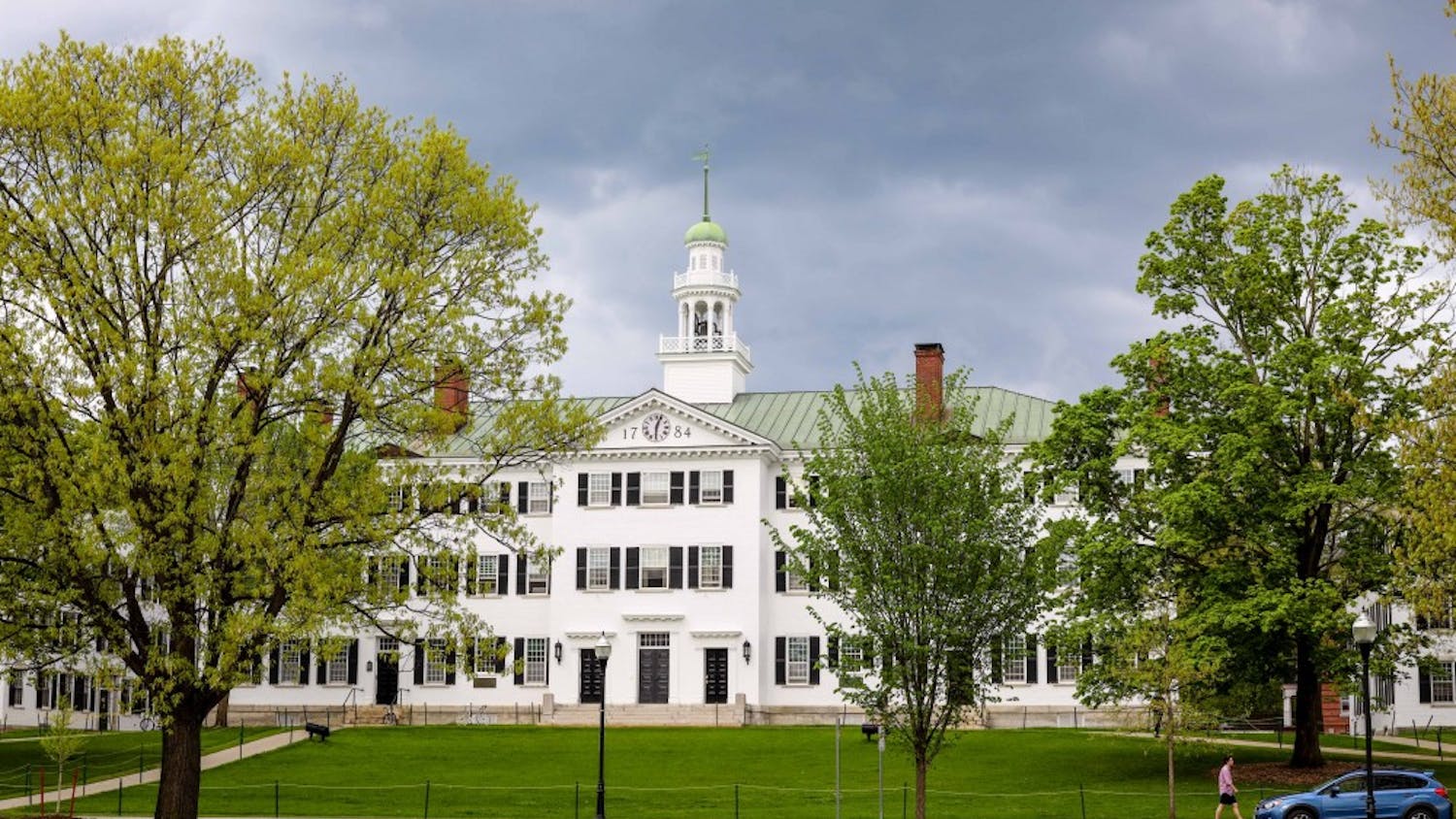On June 28, the U.S. Treasury Department proposed rules for the excise tax on endowments on certain colleges and universities that was passed as part of the Tax Cuts and Jobs Act in late 2017. The 58-page document clarified certain aspects of the policy to aid administrators in determining whether the tax applies to their institution and how much colleges owe. The 1.4 percent tax applies to private colleges and universities with at least 500 students and endowments worth at least $500,000 per student. Dartmouth’s over 6,000 students and more than $5 billion endowment puts it safely in this range, according to the College’s chief financial officer Mike Wagner, making it one of the 25-40 institutions the Internal Revenue Service expects to be affected by the tax.
The proposal defined “tuition-paying students” as only students “both enrolled at and attending the institution,” but specified that the $500,000 per student threshold would be based upon the total number of students at the institution, not just those who qualify as tuition-paying. It also clarified what types of income would qualify as taxable, including interest on student loans provided by institutions and student residential costs, but excluding athletic facilities and certain other campus buildings if 95 percent of their total use is for educational purposes.
Wagner noted that certain aspects of the proposal were unexpected.
“[Taxing on] dorm rental, that was not one that we were expecting,” he said, but added that yielded interest on student loans came as an even bigger shock. Wagner said that the College thought of financial aids and the student loan program as related to the mission of the institution.
“We think that financial aid and the student loan program is really critical to families and students being able to pay for their education,” Wagner said.
Although the tax has been widely publicized, the impact on Dartmouth will likely be small, at least in the short term, according to economics and public policy professor Charles Wheelan '88.
“I suspect the effects are fairly minimal,” Wheelan said. “It’s going to diminish the endowment slightly, but, by and large, Dartmouth’s going to set a strategy based on the size of its endowment, more or less, and the excise tax isn’t going to radically change that vision.”
He added that the tax may even be offset by additional donations, “if people decide that they want to compensate.”
Wagner also said that the effects would be minimal at first. Based on data from prior years, he estimates that the tax will cost Dartmouth around $5 million every year. While $5 million, in the context of a $5 billion budget, makes little impact at first, Wagner said the effects of the money lost will be felt in the long term.
“Over time, $5 million a year, compounding, really becomes a big number,” Wagner said, “and the types of programs or financial aid that it can’t support becomes a really big deal over time when it’s not available after compounding for years and years.”
Regardless, Wagner said, there has been no indication that the tax would impact how the College awards financial aid. He added that, as opposed to reducing awarded financial aid, a more likely result of the tax would be reducing the amount of aid supported by the endowment, as opposed to sources like the Dartmouth College fund and others.
Some of Dartmouth’s peer institutions will be feeling similar effects, as the tax is set to affect many of the nation’s richest colleges and universities, including Harvard, Yale, Stanford and Princeton. The 500-student minimum requirement allows for some very small schools to be included as well, according to Susan Whealler Johnston, president and chief executive officer of the National Association of College and University Business Officers, a national trade organization of which Dartmouth is an institutional member.
Wheelan also noted that the tax’s classification as an excise tax was slightly unexpected.
“Usually, an excise tax is a tax on a specific good, so a cigarette tax is an excise tax; a gas tax is an excise tax; it singles out some particular good,” Wheelan said. “To me, it’s a bit of a strange way to classify a tax on endowment, because you’re kind of taxing a particular pool of capital, but I assume they figured that was really the only way they could describe this very narrow way of taxing this particular form of income.”
Johnston said that she believes the motivations of this tax are misplaced.
“It’s unclear to me what the goal of the taxes is,” she said. “Is it to generate more revenue for the federal government? Is it to punish institutions that have worked hard to build up an endowment that supports their students? Is it to make a public statement about institutions that are perceived as being wealthy?”
Johnston added that while she believes the purpose of the tax unclear, she thinks its impact is damaging, as it is detrimental to both students and institutions.
“My overriding view of this is that this tax is going to result in fewer dollars that institutions have available for scholarships and for student services and for research and for operating expenses,” she said.
Wheelan said he believes motivations for the tax could be political, but added that even if a left-leaning president is elected next year, it could be difficult to repeal the tax.
“My working theory is that [the tax] is mostly political,” Wheelan said. “The big-endowment schools tend to be the Ivy League institutions that are perceived as being more likely to be hostile to the administration, and this is a bit of a poke in the eye for these liberal-leaning establishments.”
He added, however, that while he sees no “legitimate economic motivation” for the tax, it may be hard to repeal as deficits continue to grow, and any source of federal income may be hard to refuse. Though the tax is only expected to generate around $200 million, Wheelan said he thinks it could be hard to turn down in the future.
The proposed rules will be subjected to a 90-day public comment period ending on Oct 1. Wagner said that Dartmouth has no specific plans to comment, but he expects NACUBO to file a comment on behalf of its member institutions.
Eileen (Eily) Brady is a '21 from Chicago who studies government and romance languages. Eily loves travel, politics, iced tea and her dogs, Mac and Charlie. She is thrilled to be reporting the news for The Dartmouth.



